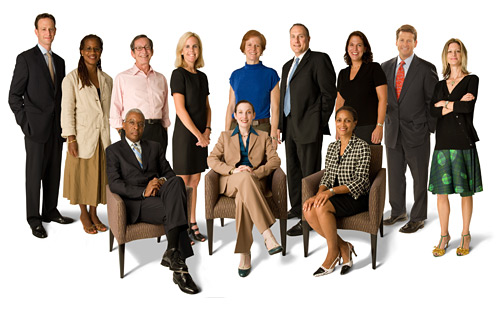Key Difference – Diversity vs Multiculturalism
Although many people tend to use the words, diversity and multiculturalism interchangeably, there is a difference between these words. First, let us define diversity and multiculturalism. Diversity refers to the differences that exist among individuals such as race, gender, religion, sexual orientation, socioeconomic background, and ethnicity. On the other hand, Multiculturalism is when multiple cultural traditions are not only accepted in the society but also promoted. The key difference is that while diversity acknowledges differences among individuals, multiculturalism tends to go a step further as it accepts the differences. Through this article, let us examine the differences between these two concepts further.
What is Diversity?
Diversity can simply be understood as the state of being varied. When we look at the modern society, there is so much of diversity. This refers to the differences that we see in people. Race, gender, religion, sexual orientation, socioeconomic background, and ethnicity are some of these differences. Diversity can be very well seen in schools, work places, etc. In most cases, there are laws that protect the rights of people who come from different backgrounds.
In a society where the focus is on diversity, people tend to acknowledge the differences that prevail among various individuals and communities. For instance, they acknowledge an individual for being a woman or belonging to a particular class, or even a religion. This awareness can assist the prevention of discrimination, mainly because diversity is backed by the legal framework as well. However, experts highlight that the mere acknowledgment of diversity is insufficient; this is where the idea of multiculturalism enters the arena.
What is Multiculturalism?
When focusing on multiculturalism, it can be understood as a more complex concept than diversity. In such an ambiance, the multiple cultural traditions are not only accepted in the society but also promoted. It goes beyond the mere acknowledgment of differences, and highlights on the necessity to understand and respect all people.
As part of multiculturalism, inclusion also takes place. The people become aware of the differences that exist among people based on their gender, race, religion, sexual orientation, ethnicity and socioeconomic background and also realize the advantages and disadvantages that each group has. This leads to a context where people are aware of the unequal distribution of power among groups of individuals.
Key Takeaways
- Diversity refers to the differences that exist among individuals such as race, gender, religion, sexual orientation, socioeconomic background, and ethnicity.
- Multiculturalism is when multiple cultural traditions are not only accepted in the society but also promoted.
- While diversity acknowledges differences among individuals, multiculturalism tends to go a step further as it accepts the differences.
